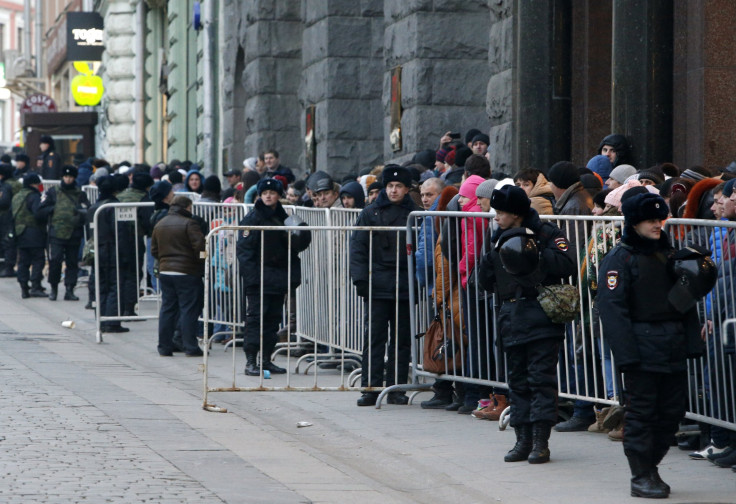Moldova Elections: Partial Results Show Pro-Europe Parties Leading Pro-Russian Rivals

Partial results from Moldova’s parliamentary election show that the parties that want to move closer to Europe have a narrow lead over those that want stronger ties with Russia. The ongoing election has taken on greater significance in Moldova as the landlocked Eastern European country, like neighboring Ukraine, has an active pro-Russia separatist movement in the east.
Although pro-Russia parties were in the lead when counting began, the scenario had started to change as more voters turned out to cast their ballot. According to early polling results, three pro-Europe parties were ahead with about 44.4 percent of the votes counted, while the two pro-Russia parties accounted for 39.5 percent of the votes, the Associated Press (AP) reported.
According to Moldova’s Central Election Commission, the voter turnout exceeded 51.2 percent about two hours before the end of voting, while the final turnout was 55.86 percent of the total electorate, Russian News Agency TASS reported.
Moldova’s Prime Minister Iurie Leanca said that he had voted for a “European Moldova — for a Moldova with justice,” because “Everything ... indicates that Moldova cannot exist without Europe.”
On the other hand, Vladimir Voronin, the leader of the pro-Russia Communist Party, said that he wanted Moldova to get rid of corruption and “the Mafia,” which he claimed is hampering the country’s development, AP reported.
Analysts said ahead of the vote that the poll ratings of the Socialists, who want Moldova to move back into Russia’s sphere of influence, were boosted by their populist campaigning, BBC News reported, adding that the pro-European parties were rumored to try for a “grand coalition” with the communists to keep alive links to the European Union.
© Copyright IBTimes 2024. All rights reserved.












